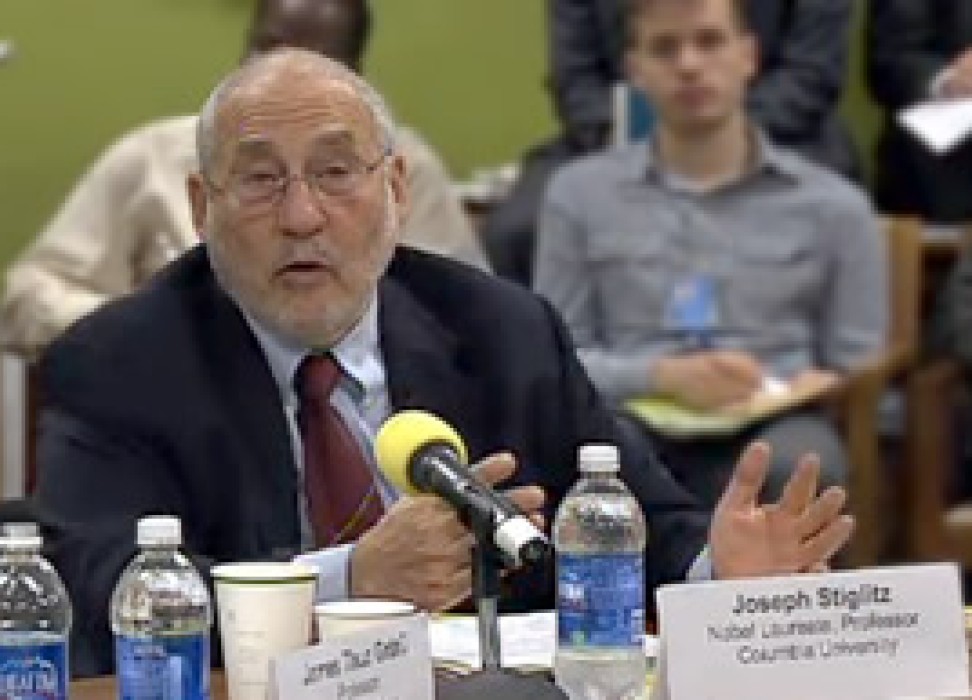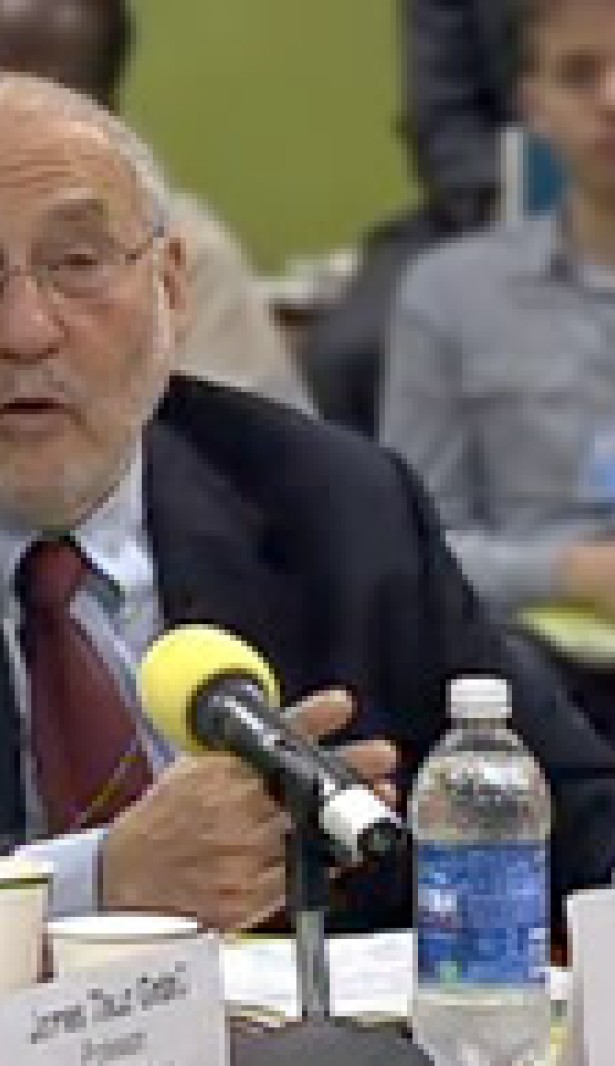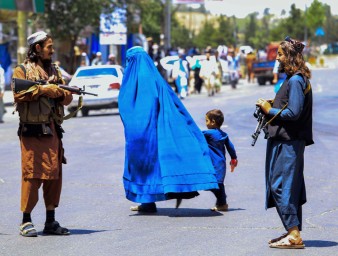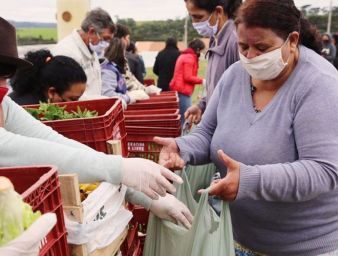Putting people at the centre of development
21 December 2011

The year 2011 marked the 25th anniversary of the UN Declaration on the Right to Development. Yet, current figures are alarming: 2.7 billion people struggle to survive on less than two dollars per day; every 3.6 seconds someone, somewhere, dies of starvation, most often a helpless child under the age of five; 1.7 billion people lack access to safe water and 925 million people do not have enough food to eat.
“Political leaders seem to have forgotten that health care, education, housing and a fair administration of justice are not commodities for sale to the few but rather rights to which all are entitled without discrimination,” said UN Human Rights chief Navi Pillay. “Anything we do in the name of economic policy or development should be designed to advance these rights, and, at the very least, should do nothing to undermine their realization.”
According to Nobel Laureate Joseph Stiglitz the events of the past year have changed the debate on the right to development. Intervening at a panel discussion, titled “People at the Centre: Human Rights in Global Economics and Development”, organized by the UN Human Rights office to mark the 25th anniversary of the UN Declaration, Stiglitz said that international agreements “don’t always succeed in putting people first.”
In 25 years, concepts of development, including the understanding of development, have changed. “We now know,” he said “more surely than 25 years ago, that development is possible but not inevitable.”
“Today we know that the gross domestic product – known as GDP - is not a good measure of success of development. For instance, in the last three decades, the GDP per capita in the United States increased while income per capita for the majority of Americans decreased.” As a result, while the GDP may increase the wellbeing of citizens may go down. “As we see in Occupy Wall Street movement, markets have failed a very large portion of citizens,” he added.
An important part to the right to development should be people’s participation and their right to voice, to talk about “the things that affect their lives,” he added.
For Philip Alston, a renowned expert in international law and the author of a study that led to the adoption of the Declaration, it is important for people to exercise their “right to voice” and for the international community to ensure transparency and accountability. “Transparency and accountability are central to move the right to development forward,” he said.
Alston stressed that “the right to development has achieved very little in 25 years.” “The sad reality is that it has had very little impact.” The Right to Development, he added “remained depressingly a conversation among Governments and transnational elites with very little resonance outside.” In order to succeed, the Right to Development needs to be endowed with specific content that “speaks to people.”
Referring to the pro-democracy protests that have spread in various parts of the world in the past year, Craig Mokhiber, a senior human rights official with the UN Human Rights office and moderator of the panel discussion, said that “free, active and meaningful participation in economic affairs, freedom from fear and want have been codified in international laws but are yet unrealized for so many people around the world.”
25 years after the adoption of the Declaration on the Right to Development, the time has come to give serious attention to human rights-based approaches. “We have an opportunity,” Mokhiber said, “to explore how human rights can be integrated in our economic and development affairs.”
21 December 2011

VIEW THIS PAGE IN:



